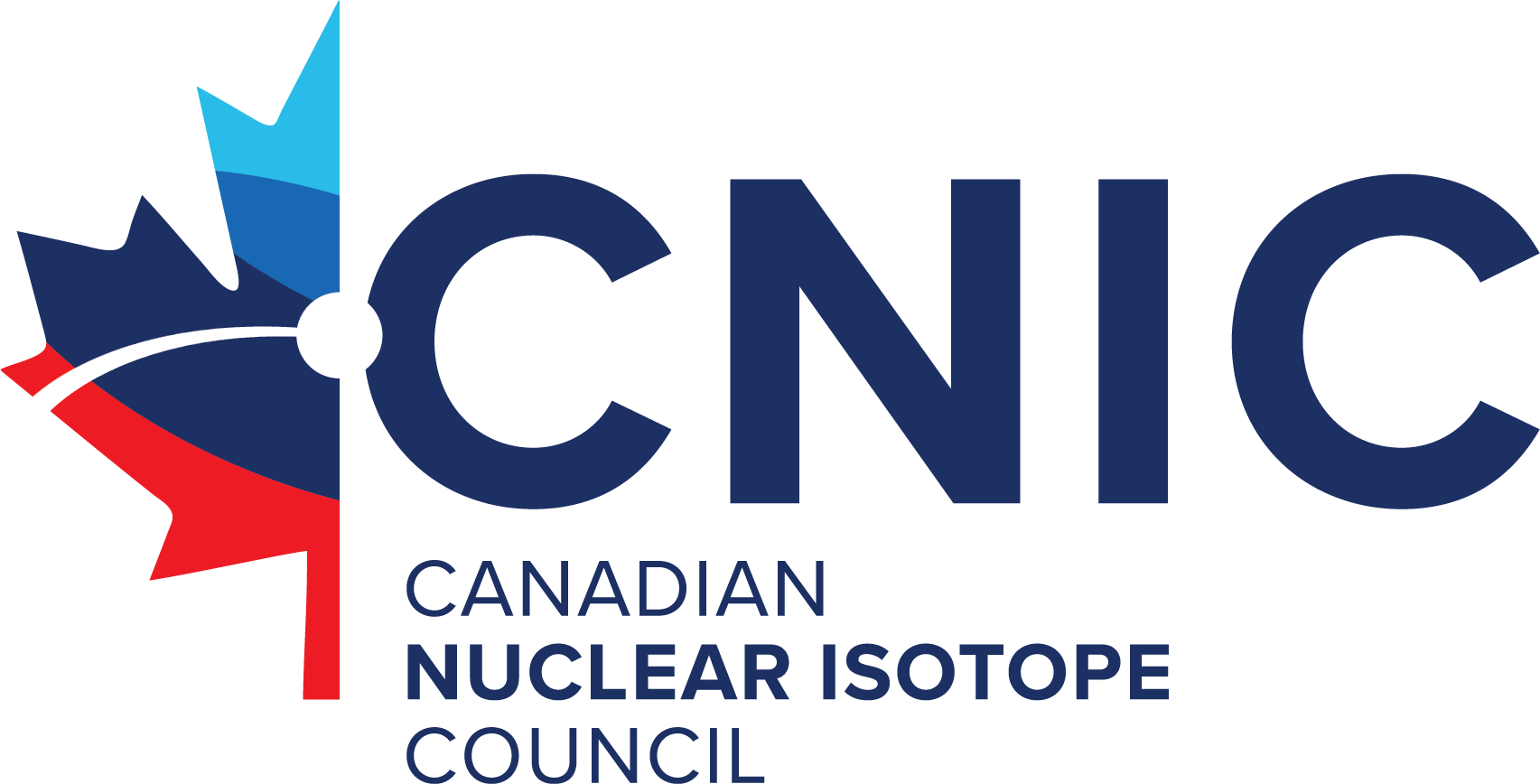To celebrate the initial success of the Canadian Nuclear Isotope Council (CNIC), members were encouraged to nominate other individuals and organizations who have demonstrated incredible leadership on the isotope file across three categories, recognizing, public policy stewardship, academic leadership, and advocacy.
“We are committed to building on Canada’s leadership role in this area by supporting world-leading innovative research and development programs in the pursuit of isotope research and development,” said James Scongack, chair of the CNIC. “The excellent leadership, commitment and hard work demonstrated by the inaugural CNIC award winners will help ensure Canada remains at the forefront of nuclear medicine, providing treatments that improve our quality of life and strengthen Canada’s economy.”
The award recipients were announced today.
The Recipient of the Public Policy Stewardship award is the Hon. Greg Rickford, Ontario’s Minister of Energy, Mines, Northern Development and Indigenous Affairs. During Minister Rickford’s time as the federal Minister of Natural Resources, he was monumental in the development of Canada’s medical isotope strategy, which ensured Canada would keep Chalk River open to 2018, while challenging a new, modern approach with the private and public sectors working together to develop new, sustainable supply sources. Minister Rickford also promoted enhanced funding for research and development of medical isotopes, which save millions of lives around the world through the sterilization of medical devices and for cancer treatments, amongst many other uses.
“In the late-2000s, the worldwide medical community was in the grips of an ‘isotope crisis’ when two of the largest producers of technetium-99m were temporarily sidelined with technical problems, and our government stepped up with a plan then – as it is doing now – in support of the CNIC,” said Minister Rickford. “Thanks to the ongoing efforts of the CNIC patients from across Canada and around the world will benefit from isotope treatments for years to come.”
As the recipient of the Advocacy Award, Susan Marshall, President and CEO of the Brain Tumour Foundation of Canada, has long demonstrated her organization’s commitment to isotope awareness, this year launching a transformational video about the possibilities of the gamma knife treatment in curing brain tumours.
“Every day, 27 Canadians are diagnosed with a brain tumour, and all face limited treatment options,” Marshall said. “This is why we at the Brian Tumour Foundation of Canada were so encouraged to participate as part of the CNIC, as it will provide more hope in the form of innovative treatments for brain tumour patients in the future.” “This Advocacy Award reflects our belief that health technology innovation is a catalyst for person-centred care, a more sustainable health care system, and a growing economy.”
Dr. Karin Stephenson is the recipient of the Academic Leadership Award. Dr. Stephenson and the work of her team at McMaster University have spent years advancing Canada’s isotope leadership.
“It’s a real honour to be the inaugural recipient of the Academic Leadership Award as I share CNIC’s commitment to promoting Canada as a global leader in nuclear science,” says Dr. Karin Stephenson, Manager Commercial Operations, McMaster Nuclear Operations and Facilities. “The work we do – and have done for some 65 years – at McMaster University, has positioned us as Canada’s preeminent nuclear research institution and allows us to play a significant role in driving Canada’s innovation agenda.”
Throughout 2019, the CNIC will remain focused on ensuring Canada continues to be a world leader in the production of life-saving isotopes by bringing awareness and supporting long-term policies at the domestic and international level, saving countless lives and supporting health care innovation for decades.
